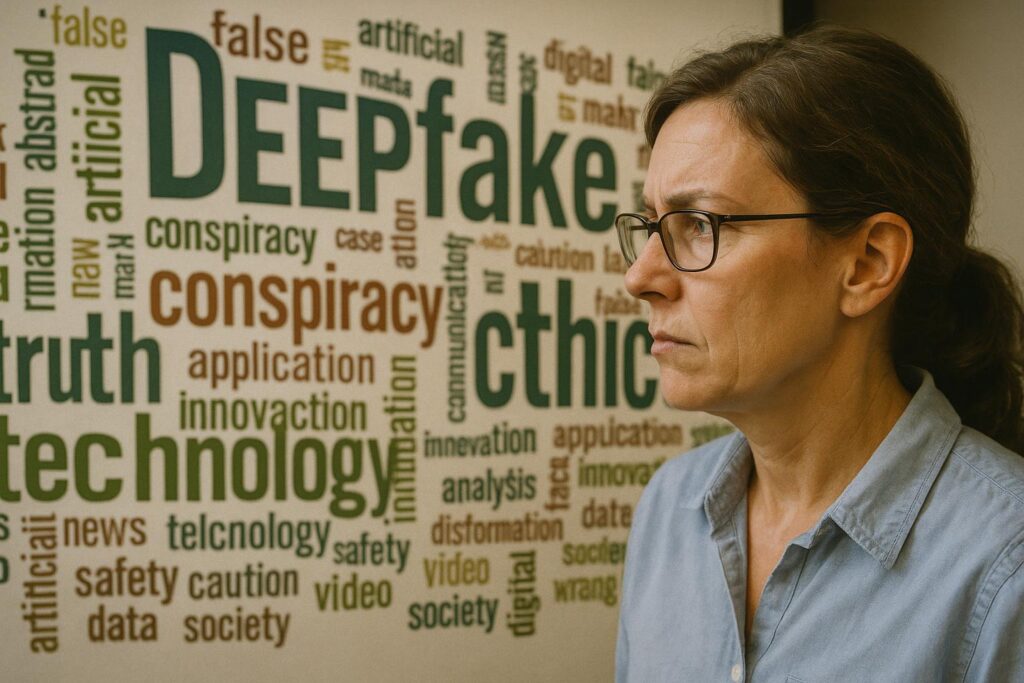South Sudan Rumour Culture
In Juba, gossip now moves faster than traffic. Political stalemates, unpaid invoices or even coffee-stained keyboards are instantly pinned on the influential Awiir surname. South Sudan’s public sphere has drifted into a state where a whisper often enjoys more airtime than a document.
Verification Crisis in Newsrooms
The obsession with viral posts has sidelined basic fact-checking. Reporters rush to publish collages of anonymous whispers, often without documents, cross-checks or a right of reply. In this environment, sensation replaces record, and accusations circulate with no protective layer of evidence.
Misinformation’s Hidden Costs
Unverified claims damage reputations yet also shelter wrongdoing. By blaming powerful surnames, society debates gossip instead of governance. Disinformation becomes a smokescreen; genuine decision makers operate behind the noise while institutions lose credibility and citizens grow cynical about reform.
Kenyan Media Reform Blueprint
Kenya once flirted with similar chaos. Painful newsroom battles eventually prompted the Media Council, Editors Guild and Africa Uncensored to tighten verification, legal oversight and editorial review. Their lesson is clear: professional pride, not lawsuits, is the bedrock of accountable journalism.
Building Credible Press Institutions
South Sudan could accelerate reform by establishing a national press council, funding investigative training and empowering an oversight panel spanning editors, lawyers, business leaders and civic groups. A pre-publication accuracy review would help restore public trust without stifling legitimate scrutiny.
Youth and Moral Responsibility Online
Most citizens now meet news through phones, not papers, placing a special duty on young digital natives. Every share, like or comment is a brick that can build cohesion or fracture it. Faith traditions also remind us that false witness harms both heaven and homeland.
Toward Evidence-Based Storytelling
A surname is not a verdict, and courage without evidence remains dangerous. Journalists, officials and citizens alike must ground allegations in documents, receipts and witnessed facts. South Sudan’s stability depends on turning integrity from a slogan into habit, allowing truth to walk again, not limp.


